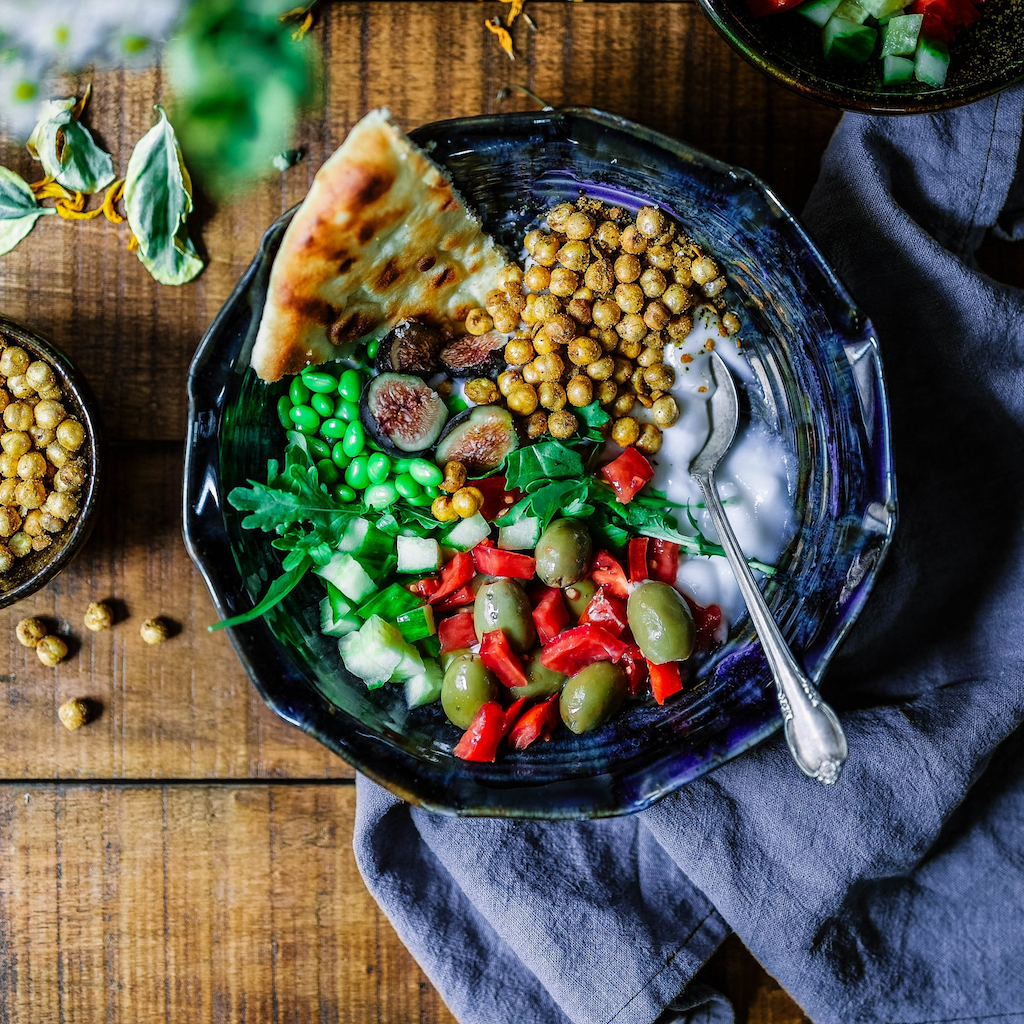Ever wondered how to start a plant-based immune-boosting diet? Here is the information you need
The popularity of plant-based eating has skyrocketed in recent years, with a third of British meat eaters having reduced their meat consumption significantly. The benefits of removing animal produce from your diet can be significant, both from a health and environmental perspective. In fact, last year The Independent reported that veganism could be the ‘single biggest way’ to reduce our environmental impact on the planet. Not to mention that going vegan can help to support a diet for boosting the immune system naturally.
But understanding how to switch to a plant-based diet requires both research and understanding, and it can be a big decision to make. We’ve put together this guide with all the information you need on how to start a plant-based diet. Let’s take a look.
How to switch to a vegan diet
Replace, don’t eliminate
Replacing animal produce, rather than simply eliminating them, will make your plant-based eating experience much more enjoyable. For example, if your usual dinner looks like chicken, rice and vegetables, then simply removing the meat aspect is going to make for a fairly sorry looking meal. Instead, replace any meat with plant-based alternatives that are both tasty and a good source of protein, such as legumes, peas, peanuts, lentils, soybeans, tempeh and tofu.
Find meatless recipes you can fall in love with
Trying new dishes is all part of the fun of changing up your eating habits to promote an immune boosting diet, and this includes going vegan. Do your research and spend some time finding tasty recipes you can add into your usual rotation of meals. These might include breakfast options like oatmeal, tasty dinners like stir fry and Buddha bowls, or even snacks and smoothies to get you through the day with plenty of energy.
As you make the transition to going plant based, these recipes will act as a safety net you can rely on. From Meatless Monday to committing to vegetarian lunches at work, finding the right vegan recipes is key to learning how to switch to a plant based diet.
Take into account why you’re doing it
As we touched upon earlier, there are many reasons to avoid animal produce, from health reasons to environmental and ethical concerns. These reasons can help to strengthen your resolve as you adjust to your new eating habits, as well as dictating how you’re going to go about making the change. For example, if you’re going vegan in an effort to improve your heart health, maybe start by cutting out red meat.
Take steps to cover any key vitamins you might be missing out on
This is perhaps the most important factor to bear in mind when making the switch to plant-based eating. There are certain vitamins and minerals which are essential for your overall health, and which are most commonly found in animal produce. When eliminating these items from your diet, you’ll need to take steps to ensure that you aren’t cutting out key vitamins in the process. A sudden reduction in key vitamins can cause all kinds of problems, so ensuring you’re prepared to sufficiently replace these is important to your health.
What vitamins do vegans need?
Vitamins like iron, calcium, vitamin B12, zinc and iodine are all harder to come by when you follow a plant-based diet. Each of these vitamins plays an essential role in your overall health and wellbeing – from supporting bone strength to providing energy and even supporting your cognitive function – so making sure they’re still present in your plant-based diet is paramount.
Many of these vitamins can be obtained from plant sources. Iron, for example, can be found in chickpeas, cashew nuts, pumpkin seeds and kale. Many people choose to invest in supplements to ensure they reach their recommended daily intake of these vitamins while still sticking to plant-based foods.
Seaweed is a plant-based source of iodine, iron, B vitamins and more
Seaweed is gaining a reputation as an essential superfood in the quest for a “plant-based immune system boosting diet”, and with good reason. Seaweed is a natural source of key vitamins like iodine, iron, potassium and more. Iodine is essential for thyroid health and cognitive development, so including it in your diet is hugely important, especially as iodine deficiency affects more than half of the UK population, with vegans being particularly at risk.
Our organic seaweed supplements are ideal for a plant based diet, as they can help you achieve the iodine and other vitamins you need for your health, making it easier than ever to cut out meat products. What’s more, our Weed & Wonderful® Immunty+ supplements also contain vitamins D3 and B12 to support your immune system. With seaweed, you can go plant based and feel more wonderful.

